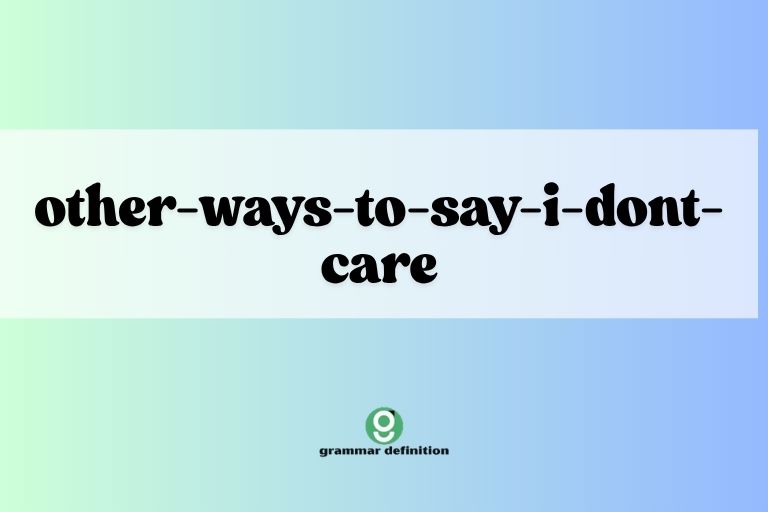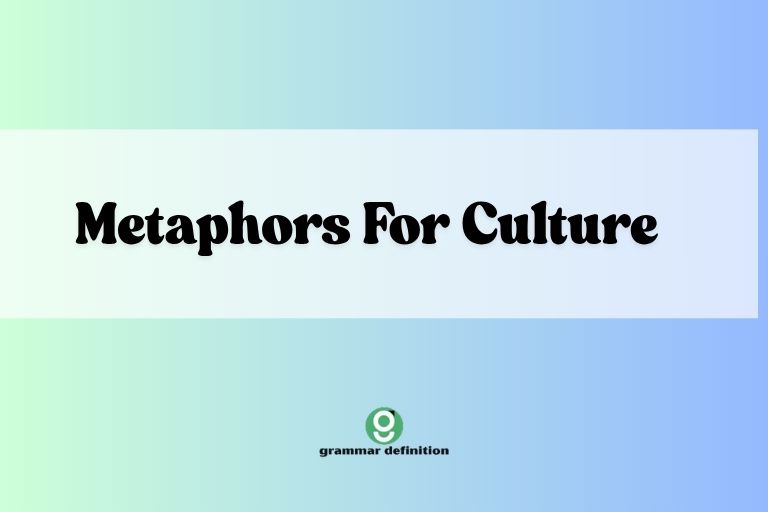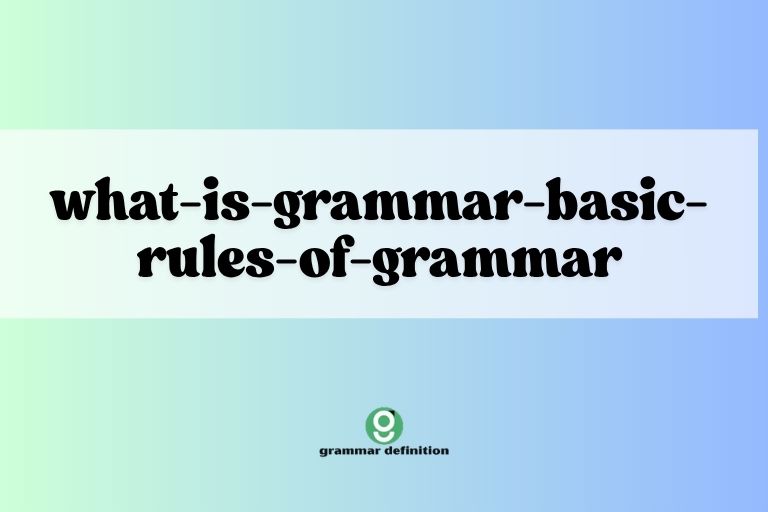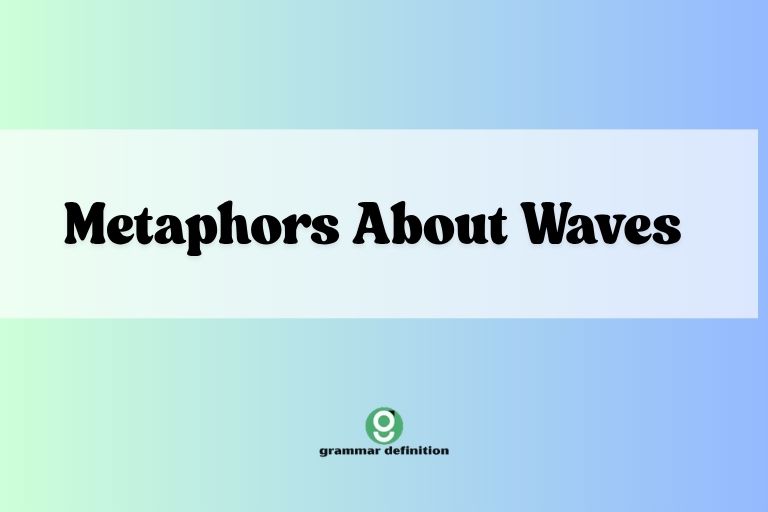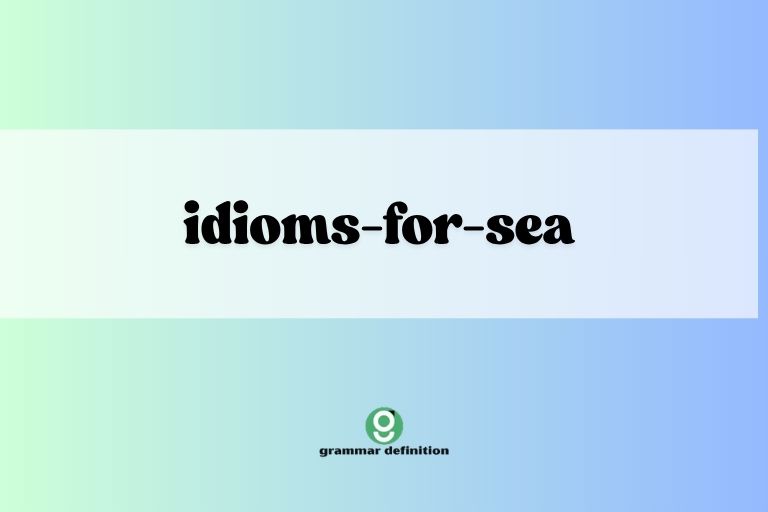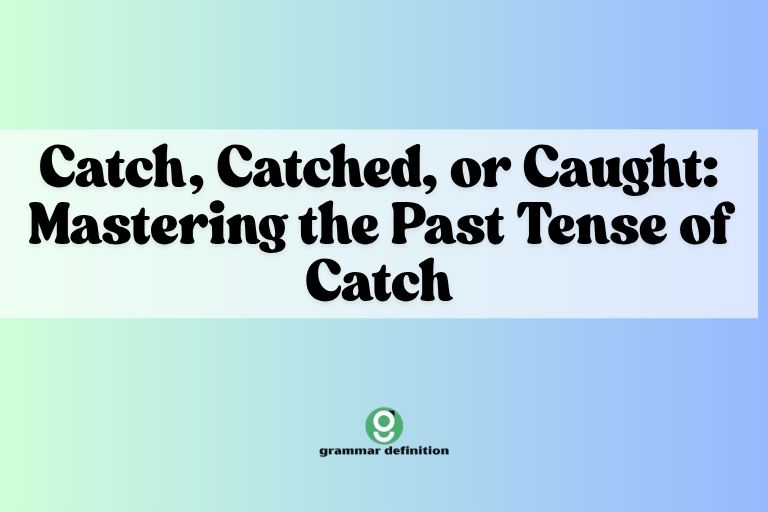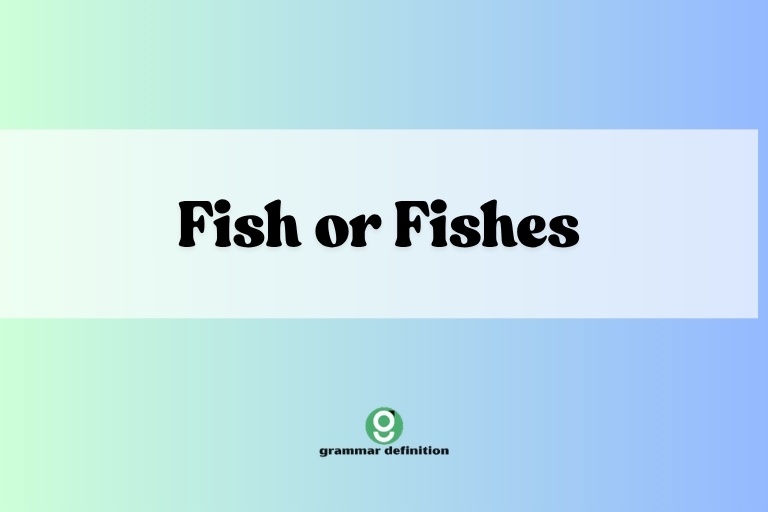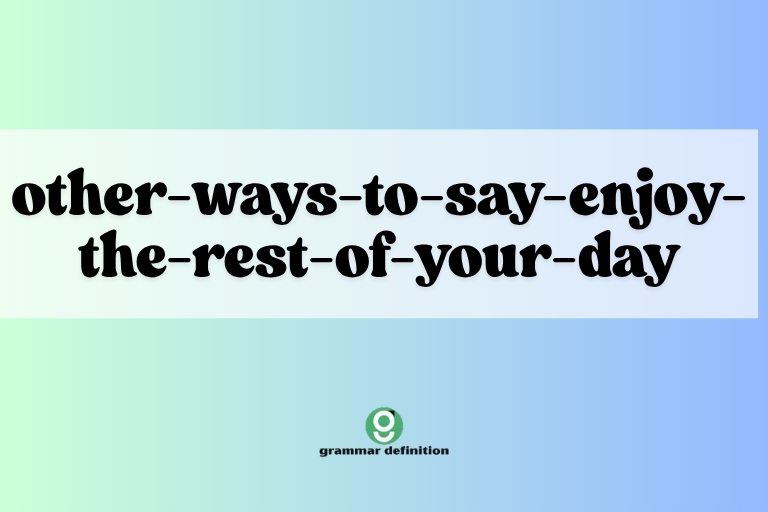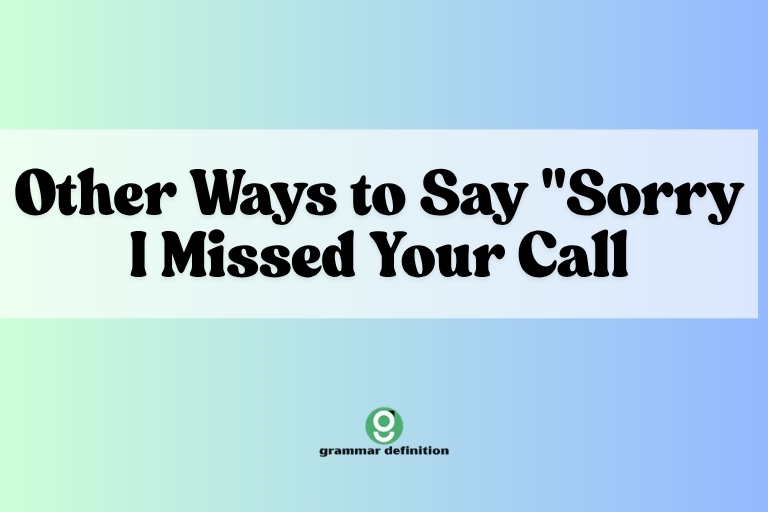Beyond “I Don’t Care”: Expanding Your English Vocabulary
Expressing indifference is a common occurrence in everyday conversations. While “I don’t care” is a perfectly acceptable response, relying solely on it can make your language sound repetitive and, at times, even a bit dismissive. Mastering alternative phrases not only enriches your vocabulary but also allows you to convey varying degrees of apathy and tailor … Read more

